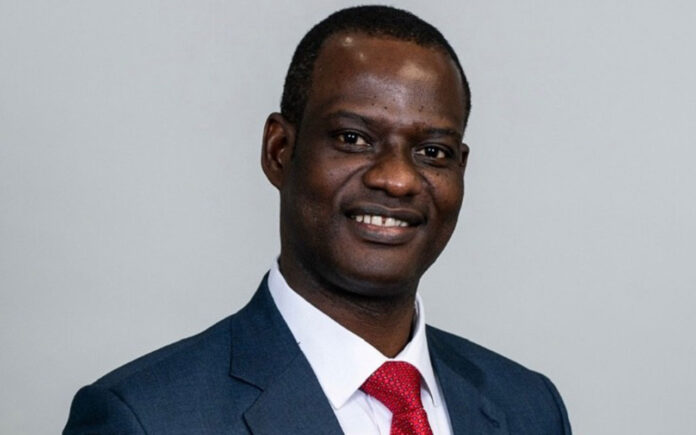FG clarifies how remote workers, influencers will be taxed from 2026
The Federal Government has explained how Nigerians working remotely, social media influencers, or those earning through business imports will be taxed under new fiscal reforms taking effect on January 1, 2026.
Taiwo Oyedele, Chairman of the Presidential Committee on Fiscal Policy and Tax Reform, made the announcement during a tax education session at the Redeemed Christian Church of God, City of David Parish in Lagos.
He said remote workers, those earning a salary from foreign companies while based in Nigeria, must self-declare their income and pay tax locally, since their employers abroad do not deduct and remit taxes on their behalf.
“If you are a remote worker, you are a worker. The fact that your employer is abroad does not exempt you from tax. If they were in Nigeria, they would deduct at source. Since they are not, you are expected to self-declare,” Oyedele said.
He warned that failing to declare such income could lead to penalties, interest on delayed payments, and enforcement actions once the law is fully in place.
READ ALSO: Income of commercial sex workers will be taxed under new laws – Oyedele
The same applies, he added, to social media influencers earning from brand deals or online content. “You earn income, you pay tax as well.”
Importers were also addressed: Oyedele explained that tax reliefs would be available, depending on whether the business is trade, manufacturing or another sector.
Concerns over multiple taxation, being taxed by different levels of government, were also cleared up. The new law, he said, clearly defines jurisdictions: federal, state, and local authorities will each have specified taxes they collect.
Individuals will generally only focus on personal income tax, while certain small businesses may be relieved from some taxes if they fit defined thresholds.
READ ALSO: Tax ID compulsory for opening bank accounts from January 2026
Oyedele reassured small business owners and individuals that many taxes currently paid may be reduced or streamlined under the reforms.
He specified that gifts and “upkeep money” are exempt from tax, but any payment made in exchange for a service or product will now attract tax liability.
In describing the framework, he called it “the most transformative in Nigeria’s history,” emphasising simplification in compliance, fewer disputes over overlapping tax obligations, and an increase in government revenue collection.
Oyedele noted that individuals earning under ₦800,000 annually will be exempt from personal income tax. Small companies with turnover up to ₦100 million and assets not exceeding ₦250 million may also qualify for relief in certain corporate and capital gains taxes.
The government said it hopes these changes will broaden the tax base, bring more transparency, and ensure fairness for Nigerians earning through non-traditional work streams, while protecting those with very low incomes.
Follow the Neptune Prime channel on WhatsApp:
Do you have breaking news, interview request, opinion, suggestion, or want your event covered? Email us at neptuneprime2233@gmail.com





